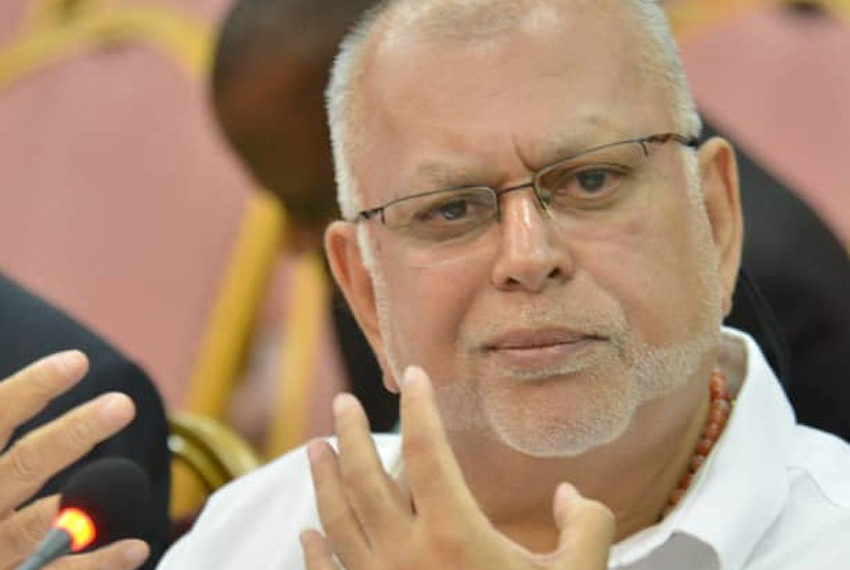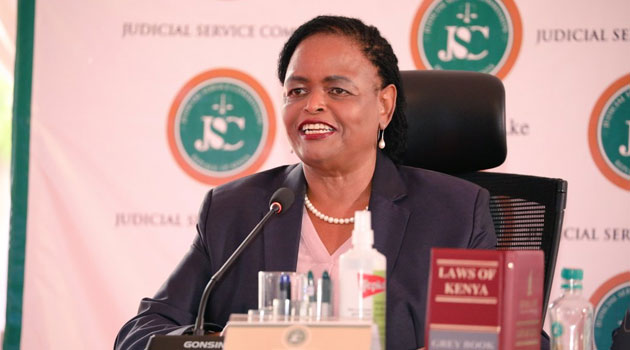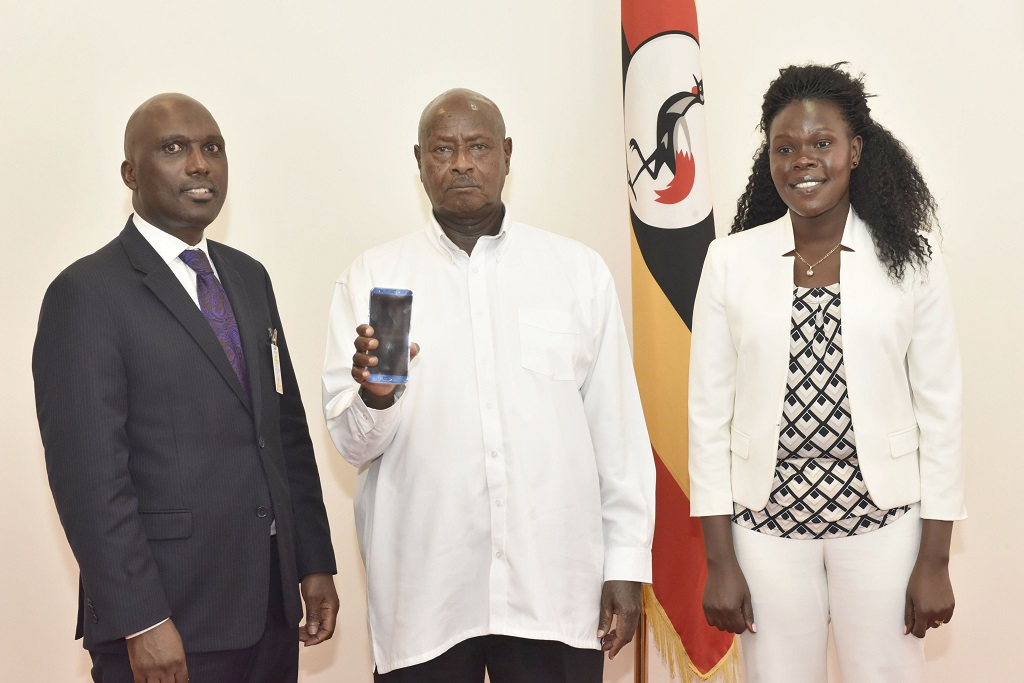The High Court of Justice Business and Property Courts Of England and Wales Commercial Court sitting in London has dismissed a case filed by Crane Bank Ltd (CBL) against DFCU Bank on grounds that it has no jurisdiction to determine it.
“The claimants maintain that it is realistically arguable that the BoU is not part of the executive of the Ugandan state because it is subject to special provisions within Article 162 and following of the Constitution, and is not mentioned in the section of the Constitution concerned with the executive branch of government. I do not agree,” Judge Pelling QC, states in his ruling.
The ruling further reads: “In these proceedings the claimants allege that the BoU has exercised its statutory powers corruptly so as to deprive CBL of its or most of its assets. Those powers and the exercise of them are governmental in nature. Banking is a function or service for which the Government of Uganda is exclusively responsible under Uganda’s Constitution.”
The Judge adds that “Where a claim is started concerning property seized by the government of the foreign territory in which it is situated (and that is what in substance is alleged in this case), the court will not examine whether the foreign government concerned acted validly or not within that government’s own domestic laws.”
The Court has also cleared DFCU Chairman, Jimmy. D. Mugerwa of any wrongdoing.
Crane Bank Limited (CBL) was, until 2016, one of Uganda’s largest commercial Banks and was regulated by Uganda’s central bank, the Bank of Uganda.
However, CBL was closed by BoU in October 2016 on account of undercapitalisation as it needed Shs157 billion to stay afloat.
BoU then placed CBL under receivership and later sold some of its assets and liabilities to Dfcu Bank at the reported Shs200 billion.
The claimants (CBL and some of its shareholders) contend that the sale of CBL’s assets and liabilities sale, together with various side agreements, was at a “gross” undervalue in furtherance of a corrupt scheme carried into effect by the BoU using its statutory and regulatory powers.
In the proceedings, the claimants allege against the defendants (dfcu and some of its directors) both that they participated in an unlawful means conspiracy and provided dishonest assistance in breach of trust and/or of fiduciary duty.
In addition, the claimants allege unconscionable receipt against the 1st defendant (dfcu bank). The claims are quantified at over £170m. The claimants accept that their claims are all governed by Ugandan law.
Smouha KC, the lawyer for the applicants characterizes the claim in his skeleton submissions as being “…essentially an allegation, by a Ugandan bank, that the Central Bank of Uganda acted contrary to Ugandan law in the way it exercised its statutory and regulatory bank resolution powers, which should have been exercised in the public interest but instead were exercised to benefit certain individuals in the BoU and those associated with them …”
Dfcu bank was represented by Hannah Brown KC, David Caplan and Ben Lewy.
The Court presided over Judge Pelling QC has ruled in favour of dfcu bank and its directors.
‘In my judgment, therefore, whether a claim in conspiracy could succeed would depend on the detailed facts, as would the applicability of the MCA Records Principle, assuming that it applies to conspiracy at all. So far as this last point is concerned, there are at least two reasons why it is at least realistically arguable that it should not. As Ms Brown submits, it is now well established that the tort of conspiracy to injure by unlawful means is a tort of primary liability – see JSC BTA Bank v Ablyazov and another (No.14) [2020] UKSC 19; [2020] AC 727 per Lords Sumption and Lloyd-Jones at paragraphs 9 and 11 – which requires proof of an intention to injure,” reads part of the recent ruling.
On the side of the DFCU Chairman and other directors, where the petitioners claimed “… where the actions of a director attract primary liability …” the court said “it is thus realistically arguable that it is of no application to a claim against a director formulated as an unlawful means conspiracy.”
According to the Court, the ruling against the Directors “must be decided on the factual averments.”
Crane Bank (in receivership) had earlier been defeated back home at the Supreme Court of Uganda and the matter dismissed.
However, the shareholders took the matter to the London court, seeking pronouncement on DFCU and each of its key Directors involved in the purchase of its assets.
In a judgement delivered last Friday, Lord Pelling QC exonerated both DFCU and BoU of wrongdoing saying BoU is justified in performing their oversight role enshrined in Uganda’s constitution especially following several red flags and warnings it had brought to Crane Bank’s notice against wrong doings.
DFCU, its Chairman and Directors were on the other hand cleared of the alleged connivance to buy CBL assets at undervalued rate.
“I am willing to accept that the act of selling assets was an act that at least realistically arguably was private or commercial but that does not assist. That might be relevant to a claim as between the buyer and the BoU as vendor but that is not this case. This is a claim by an allegedly dispossessed former owner or its connected parties, formulated exclusively in unlawful means conspiracy, dishonest assistance and unconscionable receipt. The sale came only after the takeover of CBL during 2016 and early 2017 by the BoU, pursuant to its statutory powers under the FIA. It is no answer to say that private individuals can enter into corrupt arrangements. What is critical is the nature of the corrupt scheme alleged. In this case it is alleged that the BoU as an executive organ of the state used its statutory and regulatory powers unlawfully to facilitate the sales at an undervalue. That is something that a private individual could not do. That is only something that the BoU as part of the executive of the Ugandan state could do by reason of the powers conferred on it by the Constitution and legislation referred to earlier. It is only if the takeover by the BoU, pursuant to its statutory powers under the FIA, of CBL during 2016 and early 2017 is held to be unlawful that this claim can succeed,” the ruling further reads in part.
In conclusion, Judge Pelling stated: “For the reasons set out above, the applicants’ applications succeed on the foreign Act of State issue. In consequence it is unnecessary for me to decide the remaining issues. Had I concluded that the foreign Act of State issue should be resolved in favour of the claimants, I would have dismissed the applications made by reference to the other issues that arise, for the reasons I have summarised above.”
Via Business Focus

















